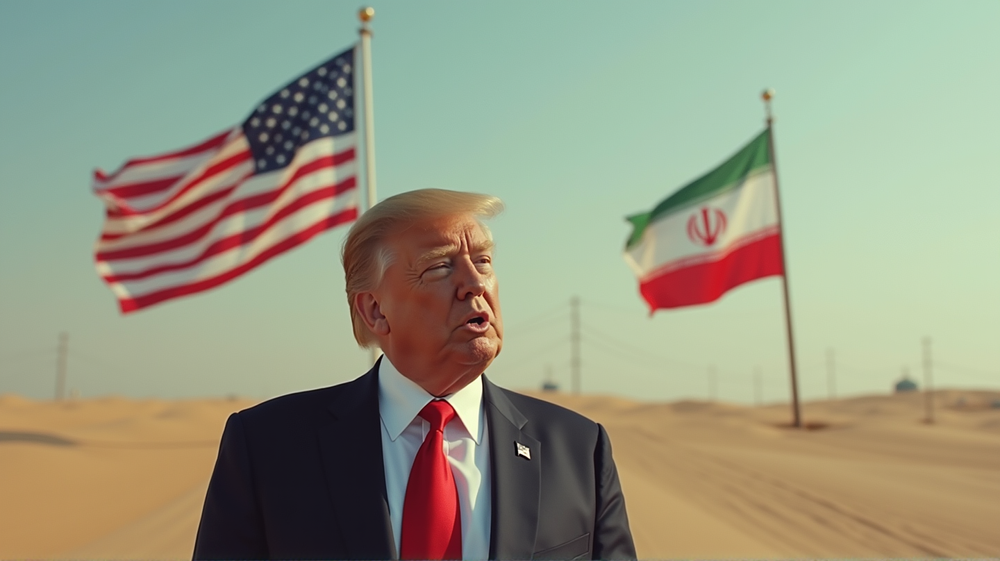A Controversial Decision in Geopolitics
In a decision that could reshape Middle Eastern geography as we know it, US President Donald Trump plans to utilize the term ‘Arabian Gulf’ instead of the historically recognized ‘Persian Gulf’. This move, according to unnamed officials, aligns with Trump’s foreign policy strategy to support Gulf Arab states, particularly during his forthcoming trip to Saudi Arabia and other key Gulf allies.
The Impact on Iran Relations
This bold terminological shift is not just about maps; it’s a geopolitical signal amidst strained US-Iran relations, particularly as nuclear negotiations hang in the balance. Iran has expressed outrage, with Foreign Minister Abbas Araghchi condemning the move. He emphasizes that renaming the Gulf is perceived as a politically motivated affront, promising a robust reaction from Iran’s populace worldwide.
Historical Context and Diplomatic Consequences
The ‘Persian Gulf’ name is deeply entrenched in historical and cultural heritage. Experts argue that such changes could have wider diplomatic repercussions, not just a cartographic one. While Trump’s administration justifies this action as aligning with regional allies, the decision could escalate tensions in an already volatile area.
Regional Reactions: Gulf States’ Perspective
Gulf states like Saudi Arabia, UAE, and Qatar may interpret Trump’s proposed nomenclature as a reaffirmation of US support within the region. Their historical rivalry with Iran makes the acceptance of such a name a symbolic victory and could strengthen ties with the USA, as shared strategic interests in the region appear to deepen.
Legal Ramifications: Global Opposition
Legal scholars have noted that such a change lacks international recognition, rendering it largely symbolic. However, its political weight cannot be understated, as Iran moves diplomatically to counter this narrative and maintain historical nomenclature recognition on global platforms, potentially influencing future diplomatic engagements.
In this unfolding drama, underlying and often underappreciated is the crucial role geographical indicators play in international relations. Donald Trump’s impending announcement signifies more than a mere change of label—it symbolizes shifting allegiances and geopolitics that may redefine alliances and enmities within the region.
As stated in Middle East Monitor, this development is a clear indicator of how names can wield power on the international stage.












